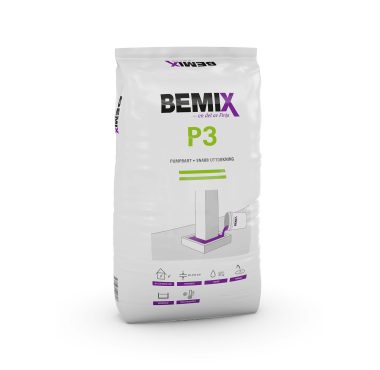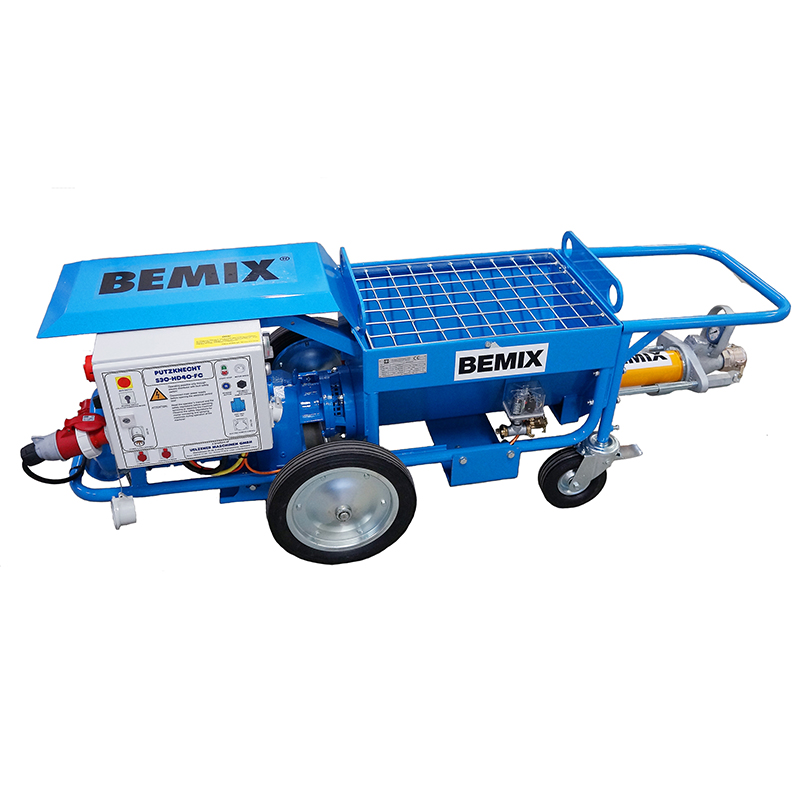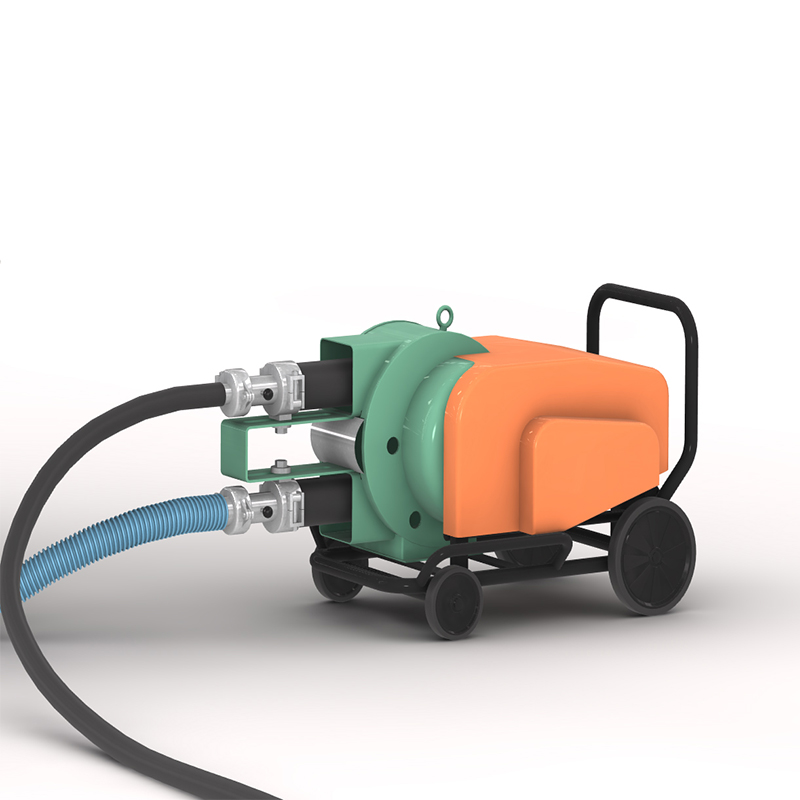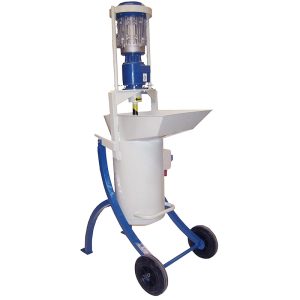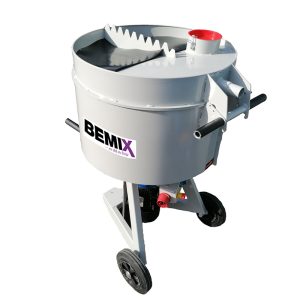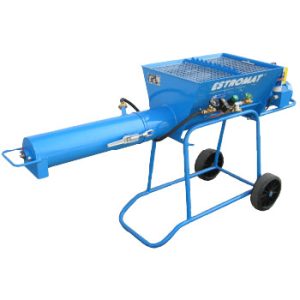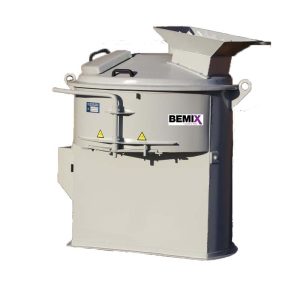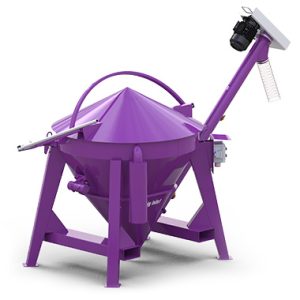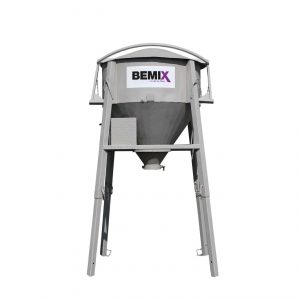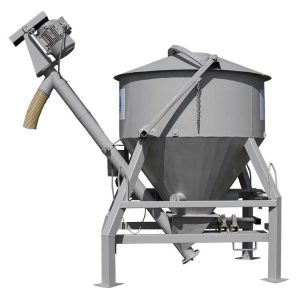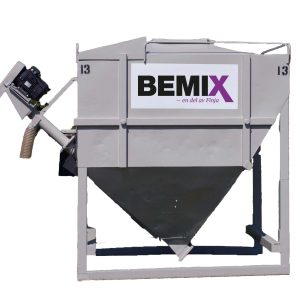Bemix P3
Information
Bemix P3 is a pumpable universal mortar for underpinning. Runny consistency with good pumpability that is easily applied with the flexible Bemix pump.
Product data
|
Article Number |
1100150 |
|
Weight (kg) |
25 (40 bags/pallet) |
|
Product category |
Expanding mortar |
|
Function |
Pumpable |
|
Processable (minutes) |
20 |
|
Compression strength (MPa) |
60 |
|
Recommended layer thickness (mm, non reinforced) |
20-150 |
|
Consumption (kg/m2/mm) |
2 |
|
Water quantity per 25 kg (litres) |
3,25 |
|
1 kg dry mortar = finished concrete (litres) |
0,5 |
|
Waterproof |
Ja |
|
Shrinkage (‰) |
< 2 |
Instructions
Preparation:
The concrete substrate must be clean and free of dust, damaged concrete, grease or other contaminants that may impair adhesion. Substrate with a roughened and raw surface with closely spaced irregularities provide better adhesion. Clean the substrate carefully and if possible pre-water 24 hours before casting. Remove surface water immediately before casting.
Mixing:
Do not mix by hand. The best mixer is a rapid mixer type Rojo 50 or automatic mixer. For smaller quantities, mixing with a drill and mixer attachment works well. Mix to an even and clump-free consistency. Always pour in the water first. Use a graduated mixing vessel and ensure that the temperature of the mix is 20°C. The mixed grout must be used within 20 minutes.
Casting:
The mix is pumped or poured into the mould continuously and as quickly as possible. There must be no interruptions until casting is finished. Vibrate the concrete with suitable equipment so that no air pockets occur.
Reinforcement:
Castings should normally be reinforced. This is especially important when casting floors. The reinforcement is laid in the mould/formwork before casting with the recommended covering layer.
After treatment:
Concrete that needs to be removed is scraped off with a finishing trowel once it has hardened sufficiently. The work can be made easier by pushing a sheet of metal down onto the concrete to form a limitation and assist chiselling.
After-curing:
Free and unprotected surfaces are protected immediately after casting so that shrinkage and dehydration cracks do not occur. After casting, the surface can be moisture-cured with a thin, light mist of water, but that cannot mechanically damage the mortar. At air temperatures above 5°C, curing may take place with remaining form, covering or supply of water and may last the entire first week. As soon as the surface hardens, it can be watered and covered.




